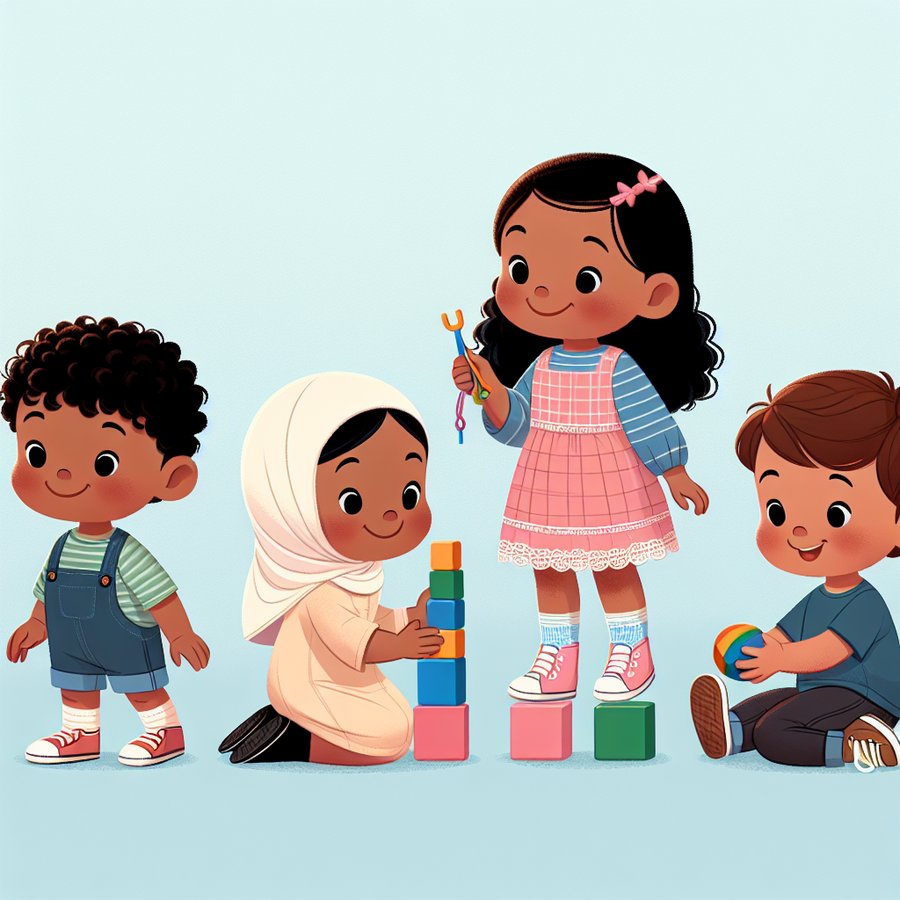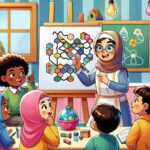Developmental milestones are crucial markers of a baby’s growth and development, showcasing their progress in physical coordination, cognitive abilities, emotional and social development, and communication skills. Recognizing these milestones helps parents and caregivers understand and support their child’s development effectively.
What Are Developmental Milestones?
Developmental milestones are behaviors or physical skills seen in infants and children as they grow and develop. Rolling over, crawling, walking, and talking are all considered milestones because they mark the emergence of new skills and abilities. These milestones are typically achieved by most children within a certain age range, providing a guide to what parents can expect as their child grows. However, it’s important to remember that all children develop at their own pace.
For a comprehensive understanding of these milestones, parents can refer to resources like the Zero to Three Developmental Milestones Reference, which offers detailed insights into the various stages of child development.
Why Are Developmental Milestones Important?
Monitoring developmental milestones helps parents and healthcare providers identify early signs of developmental delays or disorders, such as autism or dyslexia. Early detection is key to providing the necessary interventions that can help manage or improve these conditions. Additionally, understanding these milestones allows parents to provide the appropriate support and stimulation their child needs to thrive.
It’s also beneficial for parents to be knowledgeable about conditions that might affect their baby’s development. For example, learning about autism can equip parents with the tools they need to support their child effectively should they be diagnosed.
Physical Developmental Milestones
The first year of a baby’s life is filled with rapid physical development. This includes major milestones such as head control, sitting up, crawling, standing, and possibly walking. Each of these milestones is a sign that the child’s muscles and coordination are developing as expected.
Babies also develop fine motor skills, which involve smaller movements such as grasping objects between the thumb and finger. Parents can encourage these skills by providing a variety of safe objects for their baby to explore.
Cognitive and Emotional Developmental Milestones
Cognitive development refers to how a child thinks, explores, and figures things out. It involves learning, understanding, problem-solving, reasoning, and remembering. Babies will reach milestones in cognitive development such as following objects with their eyes, recognizing familiar faces, and exploring objects with hands and mouth.
Emotional and social development is equally important, with milestones including smiling for the first time, expressing joy or displeasure, and showing interest in play. These milestones indicate a baby’s growing ability to communicate, connect with others, and understand their own feelings.
How to Support Your Baby’s Milestone Achievements
Parents can support their baby’s development by providing a safe, stimulating environment that encourages exploration and learning. Engaging in regular playtime, reading together, and talking to your baby are simple yet effective ways to stimulate their cognitive and emotional development.
Additionally, being aware of potential developmental challenges such as delayed speech or motor skill issues, and seeking early intervention services can make a significant difference in a child’s ability to reach their full potential.
When to Seek Professional Advice
If you’re concerned that your child is not meeting developmental milestones within the expected timeframes, it’s important to consult with a healthcare provider. They can assess your child’s development and, if necessary, refer you to specialists who can offer further evaluation and support.
Remember, every child is unique and develops at their own pace. What’s most important is providing a nurturing environment that supports their growth and development.
Resources for Further Learning
To further support your child’s developmental journey, consider exploring additional resources such as the American Academy of Pediatrics’ HealthyChildren website, which offers a wealth of information on child health and development.
Understanding developmental milestones is an essential part of parenting. By recognizing and supporting these milestones, parents can help ensure their child’s healthy development and lay the foundation for a lifetime of learning and growth.













